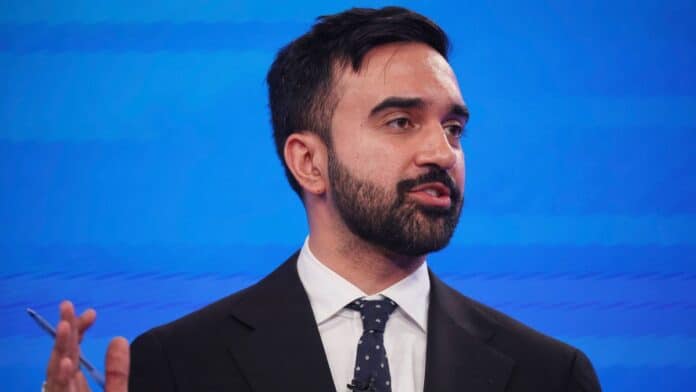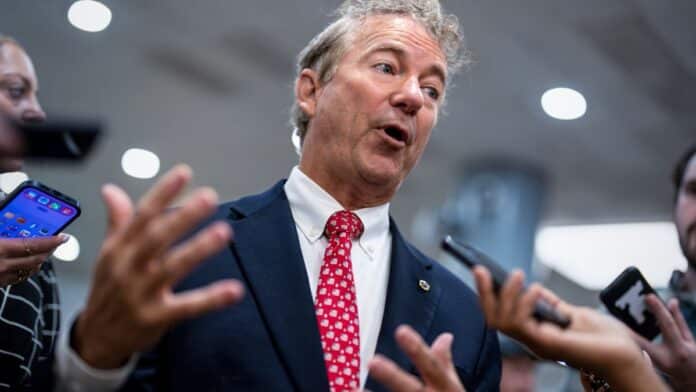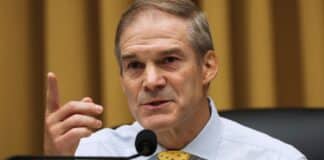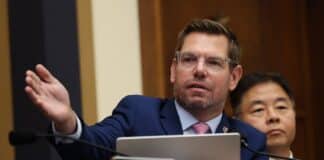Despite an active ceasefire agreement in Gaza, Hamas is openly violating its terms by executing political rivals, delaying the return of Israeli hostage bodies, and launching attacks against Israeli soldiers. The ceasefire remains technically in place, but the situation is deteriorating on the ground.
Under the agreement, Hamas was expected to return the bodies of 28 hostages last week alongside 20 living captives. So far, fewer than half have been returned. In one case, a body delivered to Israel was not a hostage, but a Palestinian from Gaza. Among the confirmed returned bodies are Nepalese student Bipin Joshi and Thai agricultural worker Sonthaya Oakkharasr.
Hamas continues to carry out public executions of alleged collaborators, prompting rare condemnation from the U.S. State Department. Despite international scrutiny, Hamas claims these executions are legal under its internal laws, offering no indication of halting the practice.
In a direct breach of the ceasefire, Hamas fighters fired an anti-tank missile at Israeli soldiers in Rafah, located in southern Gaza. The Israel Defense Forces responded with airstrikes on Hamas positions in the area. Israeli Prime Minister Benjamin Netanyahu reportedly convened his cabinet to discuss a potential broader military response to the attack.
Meanwhile, Israeli forces have been withdrawing to a designated “yellow line” inside Gaza, marked by yellow concrete blocks, as part of the ceasefire agreement. However, the continued aggression by Hamas threatens the stability of the fragile truce.
The escalating violations not only challenge the legitimacy of the ceasefire but also test Israel’s restraint in the face of ongoing provocations. The international community has yet to secure enforcement mechanisms to ensure compliance, leaving Israel to respond under pressure to maintain both security and strategic control.
















